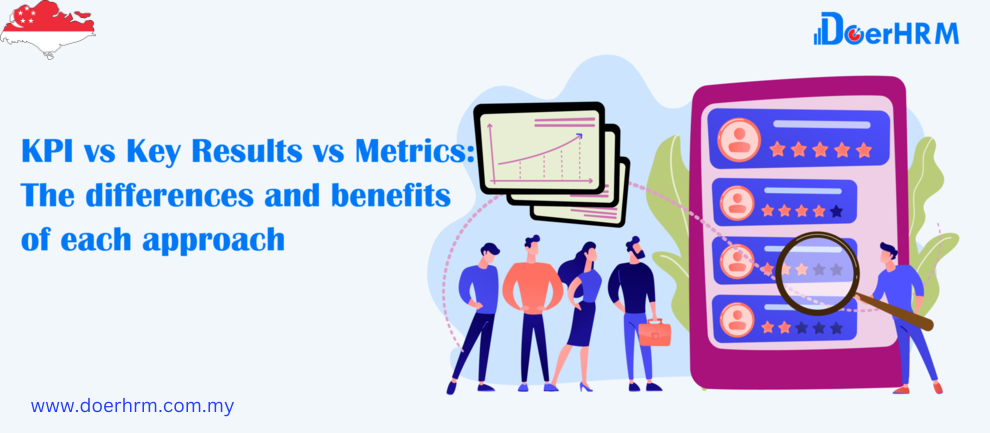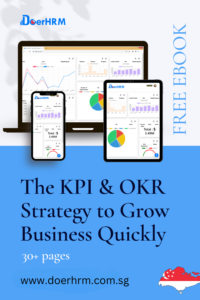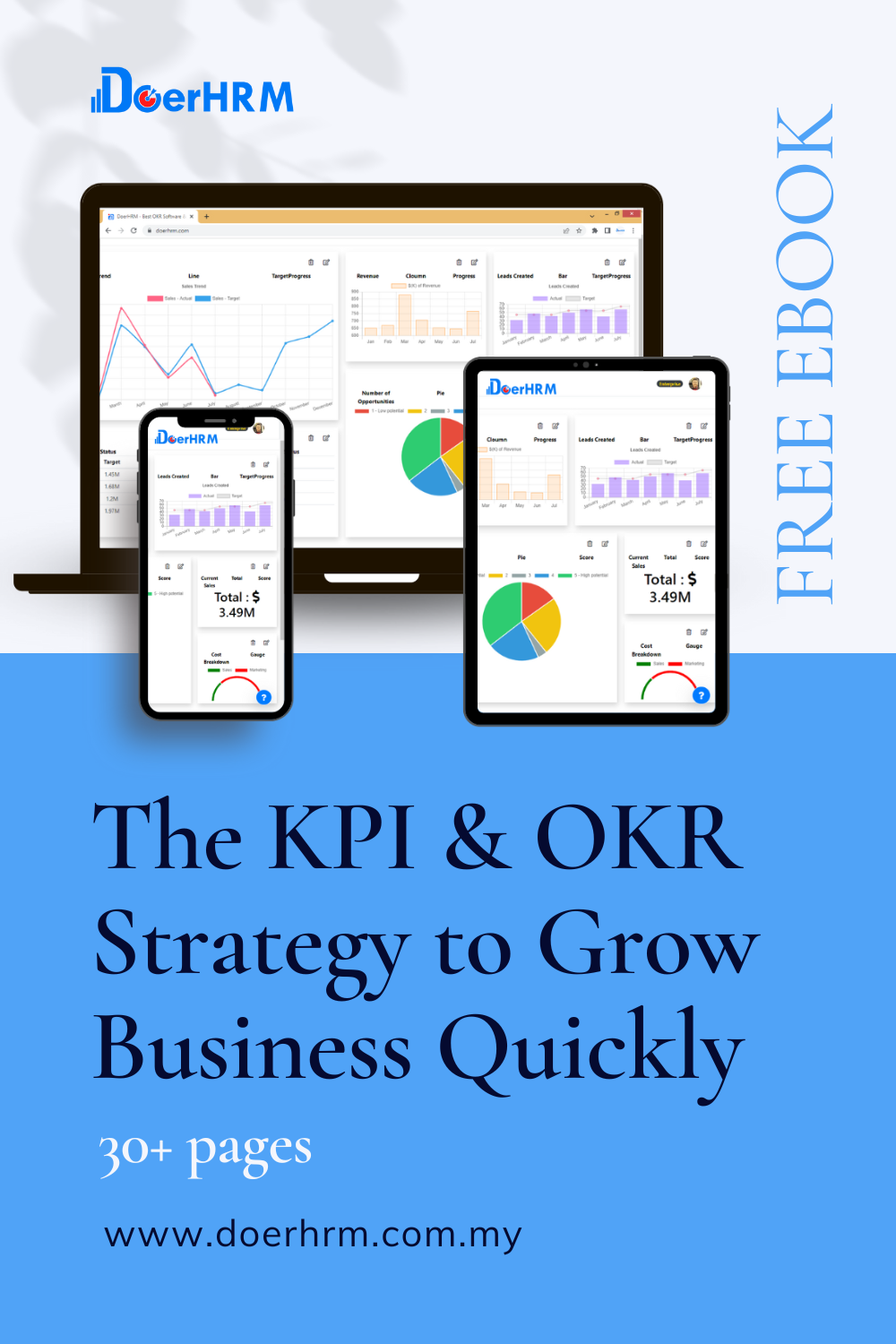When formulating your business strategy, recognizing the distinct variations among individual approaches is crucial for achieving the desired outcomes. In business management, there is a common misconception of using KPIs, key results, and metrics interchangeably, leading to inadequate planning and overlooked opportunities. In this article, we will explore the distinctions between each of these concepts and acknowledge the advantages associated with each approach. Let’s start with KPIs.
What is a KPI? - Understanding KPI
KPI stands for Key Performance Indicator and is an integral element of any successful business. When developing a KPI, you define your business’s key areas, and you are using a particular metric to help understand how a specific area of your business is performing. A KPI consists of four core elements: metric, current value, target value, and title.
KPIs allow a business to focus on the things that matter to your business and will enable you to identify areas within which you can improve. It’s up to the managers and directors of a particular company to decide which metrics are the most important within the business, so they can develop KPIs to ensure targets are being met.
What is a key result?
A key result always belongs to an objective. A key result has a dual purpose:
It removes ambiguity by clarifying and quantifying what success for a goal looks like.
It allows you to measure progress as you work toward achieving that specific objective.
A succinct objective usually comprises several key results, which are then utilized to influence the identified metric positively.
What is a metric?
Metrics are a critical element of measuring the success of any project or team within a business and contribute to an organization’s successful growth. Within companies, metrics can be any set of figures or statistics used to measure results that contribute to a particular outcome. In order to understand how your business is performing, you must identify which metrics you will use to monitor your achievements. Common metrics used within a business include:
- Active users or contributors to a particular forum or online platform
- Online sales within a specific time period
When strategizing, you need to be aware of vanity metrics. Vanity metrics are statistics that make your business look great, but in practice, have very little to do with your KPIs and don’t actually influence your business practices’ efficiency. For example, if one of your KPIs is to increase your website traffic (as is articulated by the case study below), focusing on the number of followers you have on social media is an unhelpful distraction. While having thousands of followers will help you feel good about your company, it won’t ultimately affect your KPIs and should not distract your attention from the goals you’ve set for yourself.
How are the three terms different?
Before offering clarity on these terms, we must first acknowledge that metrics are actually used within both KPIs and key results, which is where a lot of the confusion regarding the crossover of each of the terms originates. That being said, KPIs and key results are much more than just metrics, which is why you need to resist the temptation of using the terms interchangeably to mean the same thing. Equally, just because many businesses focus much of their planning on KPIs, it doesn’t mean the rest of your business metrics are unimportant.
An example of how all three can be used together
Let’s now take a look at how KPIs, key results, and metrics can be used in conjunction to deliver results successfully. Let’s suppose that one of your goals is to Attract more visitors to your website. You could articulate a KPI that stipulates that you want to Draw 30,000 unique visitors to your website in the first quarter of the next financial year. While you’ve delineated your KPI, you have also identified the critical metric that you will use to monitor your success, which is the number of unique website visitors. This doesn’t mean that the rest of your business metrics are redundant; it clarifies the team how to deliver success within this objective.
These then play into the key result that has been articulated by your company, which could be, for example, to be the number one visited blog on business strategy development. From this case study, you can see how KPIs, metrics, and key results are essential to successful business planning, but at the same time, are also noticeably different and should not be used interchangeably.
Conclusion: Knowing the difference between KPIs, metrics, and key results
The art of effective business planning is a valuable skill, and for an organization to thrive, managers and directors need to comprehend the intricacies of crafting a successful business strategy. At the core of this strategic process lies the crucial distinction between KPIs, metrics, and key results. Utilizing each concept appropriately is essential to steering your business toward its objectives, ensuring employee motivation, and maintaining focus on the target.
In summary and to avoid confusion, remember the following three things as a takeaway:
- A metric is a tool that is utilized in order to measure something within your business.
- A KPI is a tool used to monitor how a specific area of your business is performing.
- A key result is a tool to impact a specific metric's performance, and therefore, always uses a metric.
Whichever way you choose to utilize them, ensure they are effectively employed to generate results within your company and encourage your colleagues in reaching their team objectives and goals.

I hope you enjoy reading this blog post.
If you want my team at DoerHRM to help you build a winning team for your company, just click to speak with our KPI consultant.






